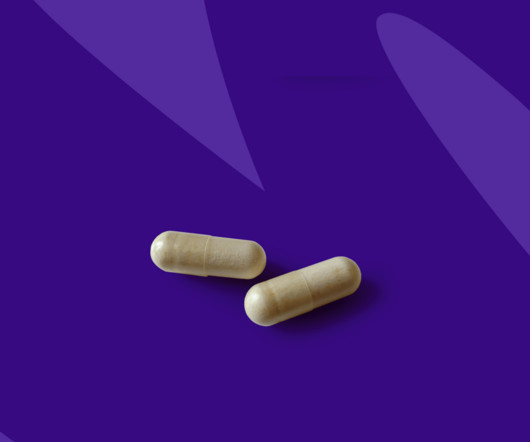How pharmacists can counsel patients on a bad reaction to a new medication
The Checkup by Singlecare
DECEMBER 29, 2022
The first step in identifying or managing a medication reaction is knowing what you’re dealing with. Drug reactions may be immunologic or non-immunologic. Meaning, they may be caused by the immune system or other factors. . Immunologic reactions. Nonimmunologic reactions. Most common culprits of reactions.











Let's personalize your content